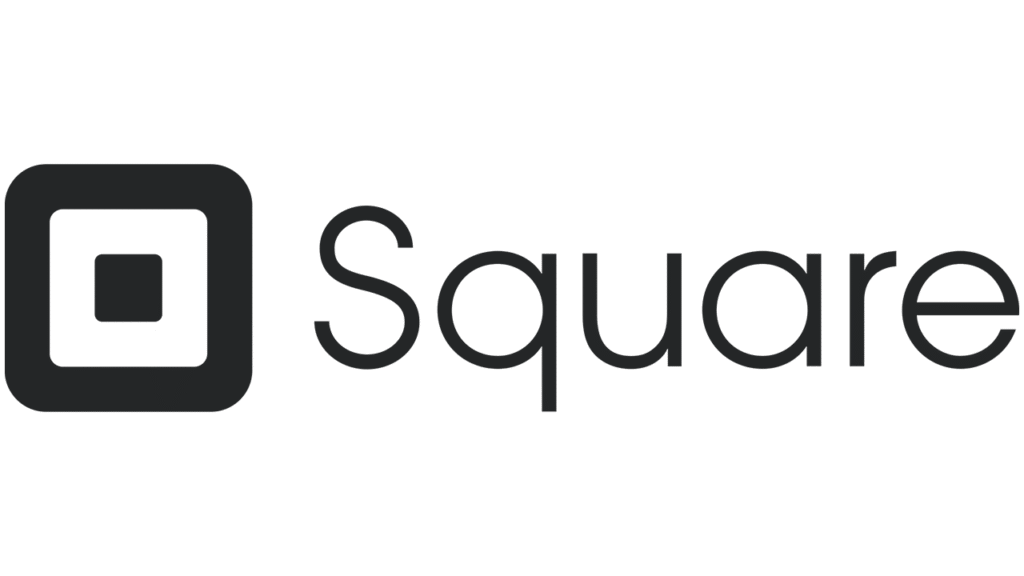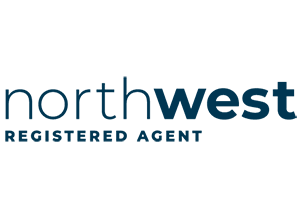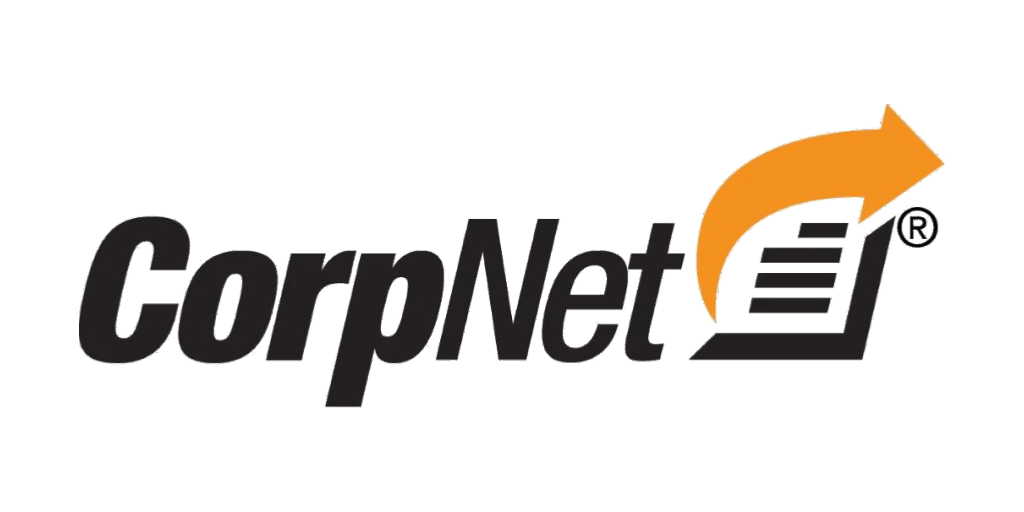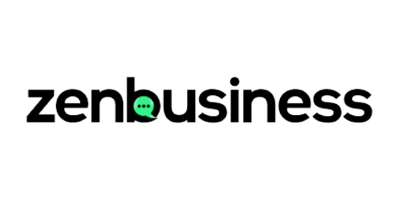Best POS Systems of 2025
Compare top POS systems to find the best fit for your business

Staff Writer
Arorix Editorial Team
Updated: June 14, 2025
1

9.8
EXCELLENT
Best Overall for Small Businesses
- $0/month — 2.6% + 10¢ per swipe
- POS software + optional hardware
- Ideal for solo service pros + mobile sellers
2

9.0
EXCELLENT
Best for Online + In-Store Sales
- From $29/month (+ Pro upgrade)
- Unified online + retail inventory
- Perfect for ecommerce brands w/ storefronts
3

8.8
EXCELLENT
Best for Inventory Management
- Starts at $69/month
- Multi-location + inventory automation
- Built for retail stores w/ complex stock
4

9.5
EXCELLENT
Best for High-Volume Sales
- No monthly fee — interchange+ pricing
- Includes invoicing, CRM, online payments
- Great for $10K+/mo retail & service brands
5

8.5
EXCELLENT
Best for Customizable Hardware
- Varies by reseller (hardware + software)
- App marketplace + modular options
- Top pick for cafes, shops, restaurants
Looking for a Complete All-in-One Solution?

9.9
Best Overall Business Launch Solution
- EIN, docs, & custom branding included
- Access to Arorix OS™ business dashboard
- Website, CRM, and automation tools built-in
Our Top 3 Services
Best Overall for Small Businesses
- $0/month — 2.6% + 10¢ per swipe
- POS software + optional hardware
- Ideal for solo service pros + mobile sellers
9.8
2

Best for Online + In-Store Sales
- From $29/month (+ Pro upgrade)
- Unified online + retail inventory
- Perfect for ecommerce brands w/ storefronts
9.0
3

Best for Inventory Management
- Starts at $69/month
- Multi-location + inventory automation
- Built for retail stores w/ complex stock
8.8
EXCELLENT
4

Best for High-Volume Sales
- No monthly fee — interchange+ pricing
- Includes invoicing, CRM, online payments
- Great for $10K+/mo retail & service brands
9.5
EXCELLENT
5

Best for Customizable Hardware
- Varies by reseller (hardware + software)
- App marketplace + modular options
- Top pick for cafes, shops, restaurants
8.5
EXCELLENT
Looking for a Complete All-in-One Solution?

Best Overall Business Launch Solution
- EIN, docs, & custom branding included
- Access to Arorix OS™ business dashboard
- Website, CRM, and automation tools built-in
9.9
Investing in the right POS system isn’t just about accepting payments — it’s about unlocking smarter operations and smoother customer experiences. Whether you’re starting your first pop-up or scaling a full storefront, choosing a POS system that fits your workflow, budget, and goals can be one of the most impactful decisions you make.
What Is a POS System?
A Point-of-Sale (POS) system is the combination of hardware and software that businesses use to accept payments, manage sales, and run day-to-day operations. While early systems were just digital cash registers, modern POS solutions have evolved into full-scale business hubs. They can track inventory, handle customer profiles, manage staff permissions, process refunds, and even generate detailed sales reports.
Whether you’re selling in-person, online, or both — a good POS system helps you speed up transactions, stay organized, and grow more efficiently.
How a POS System Works at Checkout
- Scan or select the item — The POS records the product being sold
- Calculate the total — Includes sales tax, discounts, or promotions
- Process the payment — Accepts cash, card, or digital wallet
- Issue a receipt — Printed or emailed to the customer
- Update inventory — Deduct the sold item from the current stock levels
- Store customer data — Saves purchase history for loyalty or remarketing
- Generate sales reports — Updates backend analytics in real time
Common POS Features to Look For
Not all POS systems offer the same tools, and your business type may influence which features matter most. Some of the most useful features include:
- Sales & Checkout Tools: Accept all major payment types and issue refunds or discounts easily.
- Inventory Management: Track product stock, set alerts for low inventory, and automate reorders.
- Customer Profiles & Loyalty: Store buyer info, view purchase history, and offer rewards or promotions.
- Reporting & Analytics: Break down revenue by time, location, or employee to understand performance.
- Employee Management: Assign roles, track shifts, and limit system access for staff.
- Integrations: Sync with accounting platforms, eCommerce stores, and CRM tools like QuickBooks or Mailchimp.
Types of Businesses That Use POS Systems
POS systems are now used by nearly every kind of business that takes payments in person or online, including:
- Retail Stores: Clothing boutiques, electronics, bookstores, and convenience stores benefit from inventory tracking and receipt printing.
- Restaurants & Cafes: Table management, kitchen order routing, and tip splitting are essential features for hospitality businesses.
- Mobile & Pop-Up Vendors: Food trucks, markets, and service pros often use portable POS setups like Square with a phone or tablet.
- eCommerce & Omnichannel Brands: Businesses that sell online and in-store need seamless integrations like Shopify or Lightspeed.
How to Choose the Right POS System
When picking a POS system, focus on your business size, sales volume, and long-term needs. A startup with a single pop-up shop might prioritize simplicity and low fees, while a multi-location retail store may need deep inventory controls and employee logins. Other key considerations include:
Budget: Understand both hardware and software costs, plus ongoing transaction fees.
Ease of Use: If your team is small, look for an intuitive interface with minimal training.
Customer Support: 24/7 assistance and setup help can make a big difference, especially if you’re new.
Scalability: Make sure your POS system can grow with your business.
Things to Avoid With POS Systems
- Choosing Based on Price Alone
Cheap systems often lack features or charge high hidden fees. Focus on long-term value, not just the upfront cost. - Ignoring Hardware Compatibility
Not all POS software works with all hardware (like receipt printers or cash drawers). Always check compatibility before purchasing. - Overlooking Payment Processing Fees
Some systems lock you into high transaction rates. Compare fees carefully—especially if you have high monthly volume. - Skipping Inventory Features
If you sell physical products, skipping inventory tracking can lead to stock issues and missed sales opportunities. - Underestimating Training Needs
Complicated systems can frustrate staff and slow down sales. Choose a POS that’s easy to learn and use daily. - Forgetting About Customer Support
Poor support can leave you stuck during outages or setup. Prioritize providers with responsive, accessible help teams. - Not Thinking About Growth
Your POS should scale with you. Avoid systems that can’t support multiple locations, added users, or online sales.
How Arorix Can Help You Choose the Right POS System
Point of Sale systems do more than just process payments — the right setup can help you manage inventory, track sales, serve customers faster, and grow your business.
Here’s how Arorix makes it easier to choose the best one:
Ranked by Real Business Needs
We compare POS systems based on pricing, features, hardware options, and support — whether you’re running a retail shop, restaurant, or mobile service business.Clear, Side-by-Side Comparisons
From Square to Clover to Helcim, we break down monthly fees, hardware compatibility, contract terms, and payment processing costs — so you can make an informed decision quickly.Beginner-Friendly Advice
New to POS? We walk you through the basics: how systems work, what features matter, and what to watch out for before you commit.Exclusive Offers and Discounts
Through our partner network, we help you access exclusive POS system deals, hardware discounts, and waived setup fees — all through trusted providers.
Whether you’re opening your first storefront or upgrading from a basic register, Arorix helps you find a POS system that fits your workflow, budget, and customer experience goals — all in one place.






